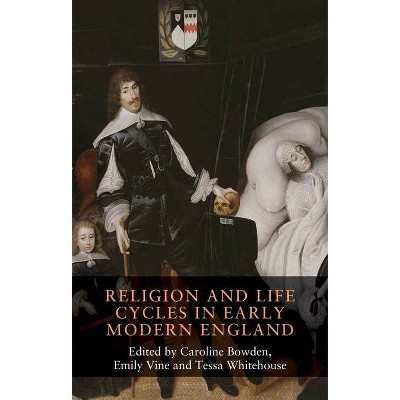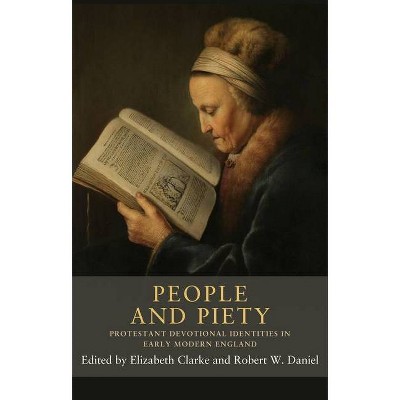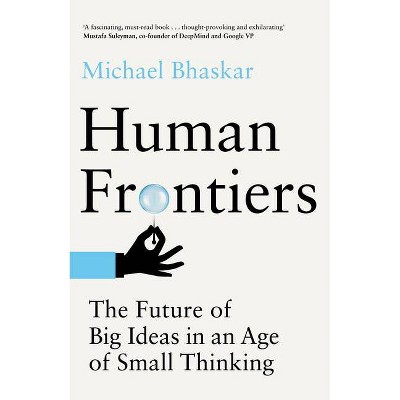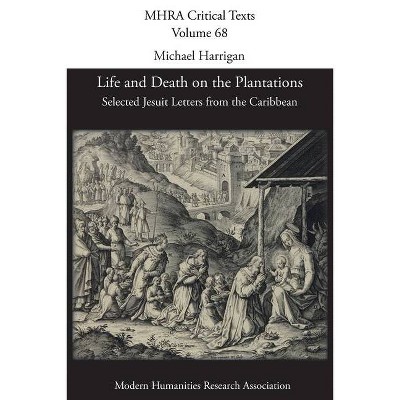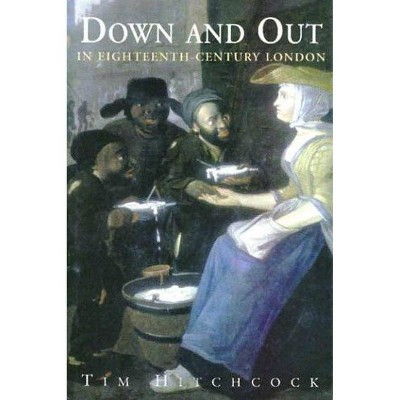Frontiers of servitude - (Seventeenth- And Eighteenth-Century Studies) by Michael Harrigan (Hardcover)
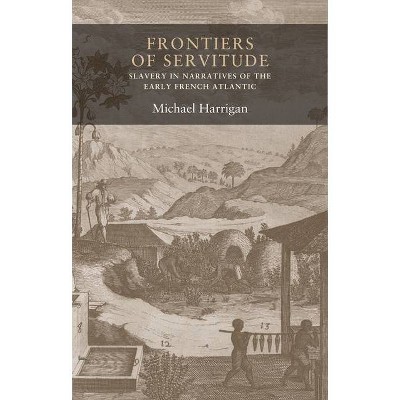
Similar Products
Products of same category from the store
AllProduct info
<p/><br></br><p><b> About the Book </b></p></br></br>Based on little-examined printed and archival sources, this book explores the fundamental ideas behind early French thinking about Atlantic slavery, c. 1620-1750. It analyses the three central questions of what made one a slave, of what was unique about Caribbean labour, and the implications of strategic approaches in interacting with slaves.<p/><br></br><p><b> Book Synopsis </b></p></br></br><p>Based on original research into little-examined printed and archival sources, this book explores the fundamental ideas behind early French thinking about Atlantic slavery by asking three central questions. What, in theoretical and social terms, did the <em>condition</em> of a slave mean? How were the uses of the human body in Caribbean labour conceptualised, and what were their limits? What can the strategic approaches described in interactions with slaves tell us about early slave society? <br /> <br /> Arguing that the socio-cultural context of the Caribbean colonies from <em>c</em>. 1620-1750 was marked by considerable instability, this book explores the transformations in the theorisation and practice of slavery. Authoritative discourses were confronted with new cultures and environments, and the servitude thought to bring Africans to salvation was accompanied by continuing moral uncertainties. Slavery gave the most fundamental forms of ownership from labour up to time itself, but slaves were a troubling presence. Colonists were wary of what slaves knew and what they hid from them, and were aware that the strategies used to control slaves were imperfect, and could even determine the behaviour of their masters. Commentators were conscious of the fragility of colonial society, with its social and ecological frontiers, its renegade slaves, and its population born to free fathers and slave mothers. <br /> <br /> Slavery, this book argues, was fundamentally anti-social. With wide use of eye-witness accounts of slavery, this book will be of interest to specialists and general readers interested in the history and literature of the early Atlantic and Caribbean.</p><p/><br></br><p><b> From the Back Cover </b></p></br></br>Based on original research into little-examined printed and archival sources, this book explores the fundamental ideas behind early French thinking about Atlantic slavery by asking three central questions. What, in theoretical and social terms, did the <i>condition</i> of a slave mean? How were the uses of the human body in Caribbean labour conceptualised, and what were their limits? What can the strategic approaches described in interactions with slaves tell us about early slave society? Arguing that the socio-cultural context of the Caribbean colonies from <i>c</i>. 1620-1750 was marked by considerable instability, this book explores the transformations in the theorisation and practice of slavery. Authoritative discourses were confronted with new cultures and environments, and the servitude thought to bring Africans to salvation was accompanied by continuing moral uncertainties. Slavery gave the most fundamental forms of ownership from labour up to time itself, but slaves were a troubling presence. Colonists were wary of what slaves knew and what they hid from them, and were aware that the strategies used to control slaves were imperfect, and could even determine the behaviour of their masters. Commentators were conscious of the fragility of colonial society, with its social and ecological frontiers, its renegade slaves, and its population born to free fathers and slave mothers. Slavery, this book argues, was fundamentally anti-social. With wide use of eye-witness accounts of slavery, this book will be of interest to specialists and general readers interested in the history and literature of the early Atlantic and Caribbean.<p/><br></br><p><b> About the Author </b></p></br></br><br><strong>Michael Harrigan</strong> is a specialist in the history and literature of early modern European initiatives in the Americas, Africa and Asia. His publications include Veiled Encounters: Representing the Orient in 17th-Century French Travel Literature (2008)<br>
Price History
Price Archive shows prices from various stores, lets you see history and find the cheapest. There is no actual sale on the website. For all support, inquiry and suggestion messages communication@pricearchive.us
